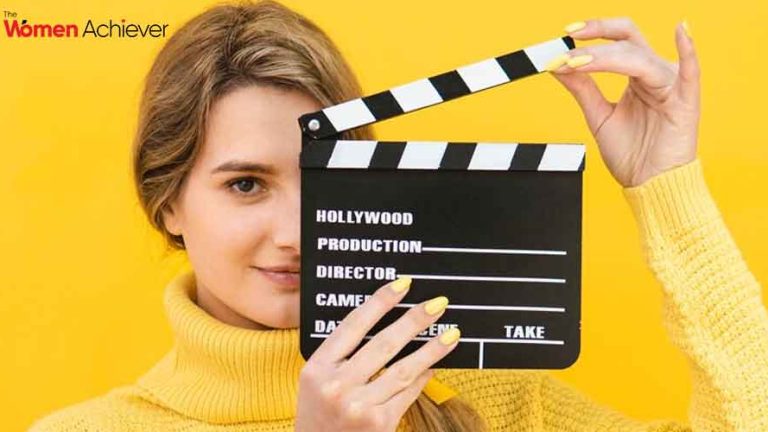The Future is Female: The Rise of Women Filmmakers in Hollywood
The film business has traditionally been dominated by men, but in recent years, a generation of female filmmakers has emerged to challenge the existing quo. These creative filmmakers, producers, and screenwriters are not only making critically acclaimed films, but also influencing the future of Hollywood. Their efforts are rewriting narratives, extending viewpoints, and encouraging greater diversity and inclusion, both on and off screen.
Breaking Barriers: An Historical Perspective
Historically, Hollywood has been a male-dominated industry, with women frequently consigned to supporting roles, both in front and behind the camera. However, the landscape has gradually changed. Early pioneers, such as Dorothy Arzner, the only female director in Hollywood during the 1930s, paved the way for future generations.
Catalyst of Change
The 21st century has seen a tremendous transformation, fueled by cultural movements such as #MeToo and Time’s Up, which have revealed Hollywood’s systemic gender inequity. These initiatives have not only raised awareness about the dearth of opportunities for women in the film business, but they have also sparked actionable change. Studios are increasingly recognizing the importance of different voices, resulting in more women being offered the opportunity to direct important productions.
Success Stories: Female Directors Making Waves
Women filmmakers have had an impact, as seen by the success of directors such as Kathryn Bigelow, who became the first woman to win the Academy Award for Best Director for The Hurt Locker in 2009. Following in her footsteps, directors such as Ava DuVernay (Selma, A Wrinkle in Time), Greta Gerwig (Lady Bird, Little Women), and Chloé Zhao (Nomadland) have received critical praise and box office success, demonstrating that women can direct major Hollywood projects.
These filmmakers are not only successful they are also influencing the narrative. Ava DuVernay, for example, has been a forerunner in bringing stories about African Americans and civil rights to the forefront, whereas Chloé Zhao’s work in Nomadland and Eternals demonstrates her ability to cross genres and offer an intimate human touch to large-scale films.
Importance of Representation
Representation behind the camera is just as important as in front of it. Women filmmakers offer diverse perspectives that have previously been overlooked in Hollywood. Their works frequently dive into complicated emotional landscapes, question cultural standards, and examine issues such as identity, power, and perseverance from a female perspective. This transformation not only benefits the film industry, but it also encourages the next generation of women to pursue jobs in filmmaking.
Road Ahead: Challenges and Opportunities
While progress has been achieved, the road is far from completed. Women continue to confront enormous difficulties in Hollywood, including limited access to funding, fewer opportunities to helm big-budget films, and the continuous push for equal pay. However, momentum is undeniable. Initiatives like the 50/50 by 2020 initiative, which seeks gender equality in the business, and programs that train and promote budding female filmmakers are paving the way for a more inclusive future.
Conclusion:
The rise of female filmmakers in Hollywood is a watershed event in the industry’s history. As more women take up top roles in filmmaking, they are not only reshaping Hollywood, but also paving the way for a more diverse and exciting future. Their tales, characters, and viewpoints are transforming the narrative landscape, demonstrating that women are the future of film.





Add comment